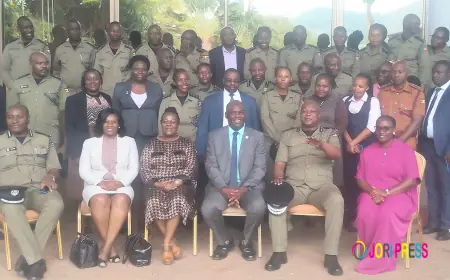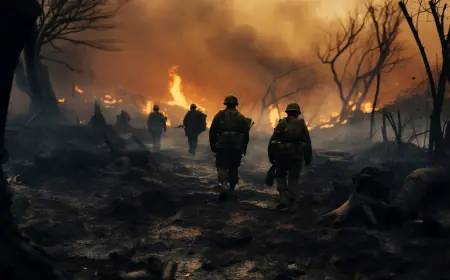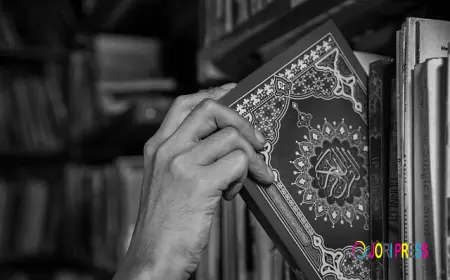Private guards cry foul: No guns; huge fees, fines


For three months now, many of Uganda’s private security guards have been patrolling banks, shopping malls and factories without the very tools that justify their presence: firearms.
It is a dangerous paradox in a country where private security companies outnumber police officers on the ground and form a frontline in protecting businesses. The revelation came during a tense session in parliament’s committee on Defence, where Grace Matsiko, head of the Uganda Private Security Association (TUPSA), laid out what she called an “existential crisis” for the industry.
TUPSA, an umbrella body representing 426 registered firms, petitioned Speaker Anita Among in August over what it described as “crippling regulation and arbitrary fees” imposed by the Uganda Police Force, which acts as both regulator and competitor in the security sector.
THE COST OF PROTECTION
“We supplement national security by curbing crime and providing access control, armed response, training, investigations and escort of valuables,” Matsiko told lawmakers. “Yet the very government we support is suffocating us.”
At the heart of the standoff is money. A permit that once cost Shs 75,000 to buy weapons in bulk now costs Shs 1 million per single gun. Firearms themselves range from Shs 2.7 million to Shs 5 million on the market, but companies say they often arrive without ammunition.
“It’s like buying a pen without ink,” Matsiko said. The industry, he argued, is caught in a financial chokehold. Most banks refuse loans to firms dealing in weapons, dismissing them as high-risk investments.
Contracts for pistols remain undelivered despite upfront payments, while capital shrinks under taxes, fines and fees. To make matters worse, police abruptly stopped supplying SAR rifles, citing their resemblance to AK-47s, but never issued an official directive.
RULES WITHOUT CONSULTATION
For TUPSA, the frustration goes beyond finances. Matsiko accused police of making unilateral decisions that leave companies in chaos. Uniforms once approved at company expense have been de-gazetted without warning, forcing firms to scrap and redesign at their own cost.
Pistols, once permitted for discreet guarding contracts, have been suddenly banned with no written communication.
“We heard through informal channels that SAR guns have been phased out. We were never officially notified,” Matsiko told the committee. “This is not patriotism, it’s punishment. Government should be compensating us for the shortfalls of the police.”
Committee members acknowledged both the grievances and the contradictions. Deputy Chairperson Wilson Kajwengye admitted the sector has become indispensable.
“This is a massive strategic industry, but it’s still young. It certainly needs regulation, guidance and protection,” he said.
But he also fired a warning shot back at the firms.
“Many of you don’t treat your employees fairly. Don’t let employment violations overshadow your challenges. If that happens, you lose public sympathy.” Kajwengye recognized that the sector now provides livelihoods for retired military personnel and veterans, some of whom find a second career in guarding.
But he emphasized that any regulatory burden must be grounded in law.
“The law says no one can levy a tax not authorized by parliament. If you’re fighting unlawful taxes, you’re in the right place.”
A FRAGILE INDUSTRY AT THE CROSSROADS
Private security is now woven into Uganda’s urban fabric, standing at the entrances of banks, supermarkets and office towers. Yet the industry’s dependence on police-controlled licensing and supply leaves it vulnerable.
In Matsiko’s words, “We are investors, but we are treated as intruders.” As Uganda approaches another election season, with political tensions high and security needs rising, the question lingers: can the country afford to weaken the very firms that fill gaps in its overstretched police force?
For now, the guards keep watch, many unarmed, all uncertain, at a time when their role has never been more visible, or more precarious.
What's Your Reaction?
 Like
0
Like
0
 Dislike
0
Dislike
0
 Love
0
Love
0
 Funny
0
Funny
0
 Angry
0
Angry
0
 Sad
0
Sad
0
 Wow
0
Wow
0

















































